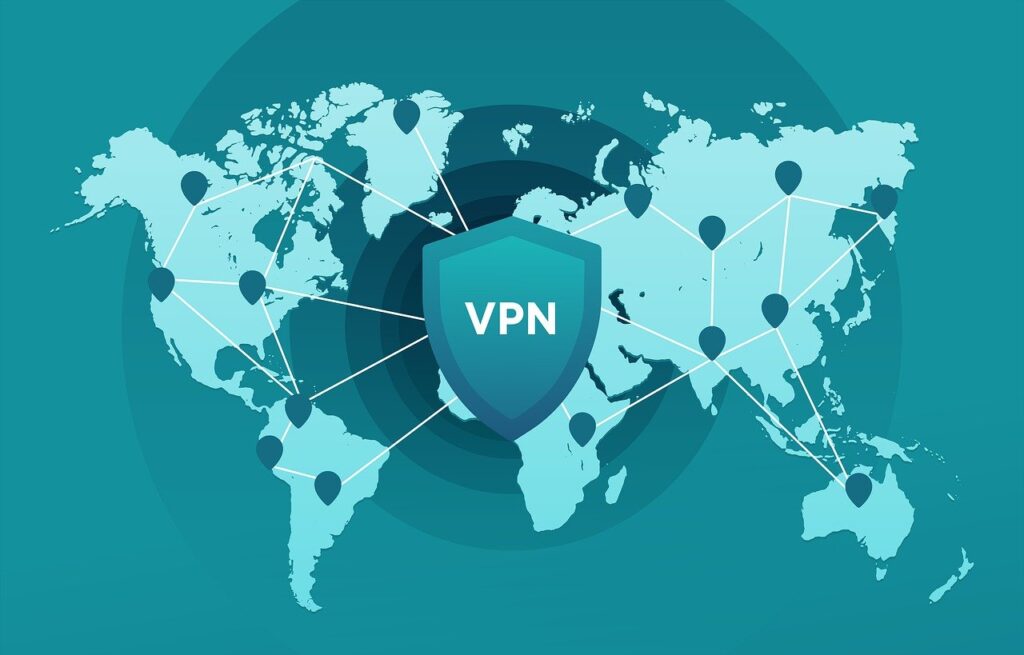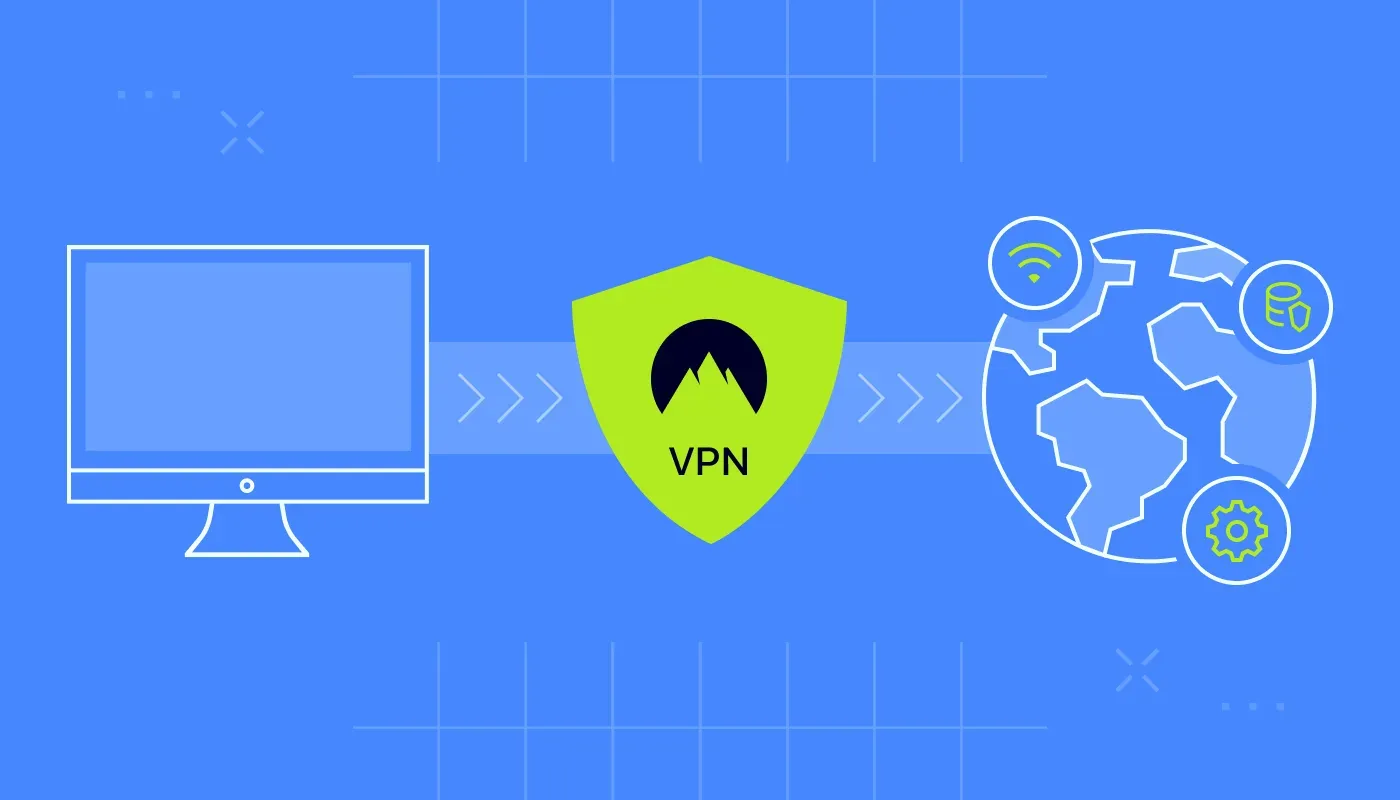
What is a VPN and How Does it Work?
A Virtual Private Network (VPN) is software that creates a secure, encrypted connection between your device and the internet. It routes your traffic through a remote server, which helps protect your privacy by masking your IP address and preventing outsiders (like your ISP) from tracking your online activity. VPNs are essential for bypassing firewalls, unblocking Geo-restricted content, and safeguarding your data on public networks.
Why Should You Use a VPN?
If you care about online privacy, using a VPN is essential. Here’s why different types of users should consider a VPN:
Critical VPN Users
- Journalists, Activists, Lawyers, and Doctors: To protect sensitive information.
- Bypassing Censorship: Access blocked websites in restrictive countries.
- Secure Communication: Use apps like WhatsApp, X, Instagram, and Zoom from regions with internet restrictions.
- Public Wi-Fi: Protect yourself when using unsecured networks.
- ISP Monitoring: Keep your browsing activity private from your Internet Service Provider.
Casual VPN Users
- Unblock Streaming Content: Access Netflix, Hulu, Prime Video, and more.
- Banking: Safely access your accounts from abroad.
- Find Deals: Compare prices for products like video games, cosmetics, or airline tickets.
- Throttling: Avoid speed limits imposed by your ISP.
- Gaming: Connect with global gaming servers.
How Does a VPN Work?
When you connect to a VPN, your device and the VPN server exchange encryption keys through a handshake. This process creates a secure tunnel for your internet traffic. Your data is encrypted, sent through the tunnel, decrypted at the server, and then forwarded to the website you’re visiting. Any third party trying to monitor your activity will only see encrypted data, ensuring your privacy.
What Does a VPN Do?
A VPN:
- Protects Your Privacy: It hides your browsing history from ISPs, hackers, and advertisers.
- Masks Your IP Address: Websites will only see the IP address of the VPN server, not your real location.
- Unblocks Geo-Restricted Content: Access content from anywhere, no matter the local restrictions.
How Much Does a VPN Cost?
VPN prices vary depending on the subscription length. Generally:
- Yearly Plans: Range from $40 to $250 per year.
- Monthly Plans: Cost between $5 and $15 per month. We recommend avoiding free VPNs, as they may sell your data or infect your device with malware. Proton VPN’s free version is a safe exception.
Are VPNs Legal?
In most countries, VPNs are completely legal. However, in countries like China, Russia, or Iran, VPNs may be restricted. Always ensure you’re not engaging in illegal activities online, as using a VPN doesn’t protect you from legal issues.
Can a VPN Make Me Anonymous Online?
A VPN enhances your privacy but doesn’t guarantee total anonymity. It hides your online activities, but your digital footprint can still be traced by other means, such as browser fingerprints or data leaks.
Can I Get Hacked While Using a VPN?
Yes, a VPN doesn’t protect you from all threats. Basic security practices, like avoiding phishing links and using antivirus software, are still essential.
Do VPNs Protect Against Malware?
While some VPNs offer malware protection, they shouldn’t replace antivirus software. Always practice safe browsing habits to avoid infections.
Will a VPN Speed Up My Internet?
Typically, no. VPNs usually slow down your connection due to encryption. However, if your ISP is throttling your speed, a VPN can help by masking your traffic, allowing for faster speeds.
Can I Use a VPN on My Phone?
Yes, VPNs work on mobile devices with apps for both Android and iOS. For mobile, the IKEv2 protocol is recommended for its speed, security, and reliability.
Types of VPNs
- Personal VPNs: For general use, privacy, and accessing streaming content.
- Remote Access VPNs: Used to access work networks securely.
- Site-to-Site VPNs: Connects multiple office locations for secure communication.
Bottom Line
Protecting your online privacy is crucial. A VPN is a powerful tool to safeguard your data, access restricted content, and avoid censorship. Check out our guides, reviews, and comparisons to find the best VPN for your needs.

